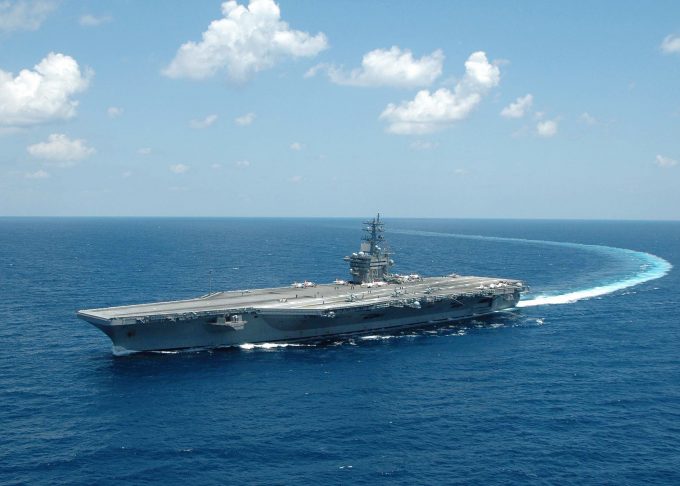Cooling demand increases warehousing vacancies, with rents inching down
Cooling demand has ended the long run of increasing warehousing costs and nudged the average ...

A US-led initiative to deter attacks against international shipping transiting the Red Sea has struggled to get off the launchpad, seemingly amid concern over its political framing.
Launched on 19 December under the codename Operation Prosperity Guardian, the coalition would protect commercial shipping and freedom of navigation, one of the founding tenets of international law, and according to the US, would include 20 participating countries.
But almost a month on, the superpower has apparently failed to rouse coalition partners; almost half of the purported parties have refused to publicly declare participation.
Senior research fellow for Middle East security at the Royal United Services Institute Tobias Borck said the lack of support was in no way tied to the logic of the mission, “which everyone agrees with”, but rather the context in which it was playing out.
“Fundamentally, this issue affects every nation as it concerns the flow of global trade all over the world, so there is strong support for it,” Mr Borck told The Loadstar.
“What’s at issue is the framing of the Houthis, and the way they are seeking to frame it. On one side, [they] are compared to Somali pirates – armed non-state actors assaulting free movement – but on the other, they claim they are doing this to engender a ceasefire in Gaza.”
Check out this clip of Xeneta’s Peter Sand talking about how much capacity Cape diversions will take out of the global container shipping system
Mr Borck said within this matrix there was no objection to fending off pirates, but concerns had arisen among states that to join would suggest support for Israel’s military operation.
This may explain why the US has yet to persuade most Arab nations to publicly declare support for the operation, Bahrain, which houses the US Navy’s 5th Fleet, the only Middle Eastern nation to join.
“No one wants to join if it ends up looking like another western war in the Middle East,” said Mr Borck.
“The issue is not that the US spearheading this initiative – the US has been protecting commercial shipping since the end of the Second World War, and everyone is very delighted that it does – but rather the Catch-22 surrounding the links.”
However, with attacks by Houthi militants having this new year affected as much as $225bn in trade, there is increasing urgency for a solution. Some reports have suggested shipping lines are negotiating with the Houthi to allow their ships through.
During the spate of attacks orchestrated by the Iranian government against commercial shipping in the Gulf of Aden in 2019, similar issues arose, with the EU unwilling to join a US retaliatory effort out of fear of being drawn into a campaign against Iran.
Mr Borck also noted that Houthi claims of only attacking Israel-linked ships were “not stacking up”; the crew of a Japanese vessel headed for Italy have been held captive by the militia for more than 40 days.
“The Houthis are declaring it safe for any vessel not tied to Israel, but that’s either not the case or they’re just not very good at determining which ships this includes,” he said.
“What happens next, I can’t be certain of, but what is known is that the US has made clear its willingness to use force, and has implied that it may target Houthi sites in Yemen in an effort to prevent further rocket attacks.”
Meanwhile, the Iraqi Islamic Resistance has taken responsibility for a missile attack on Sunday on Israel’s Haifa Port.
Comment on this article